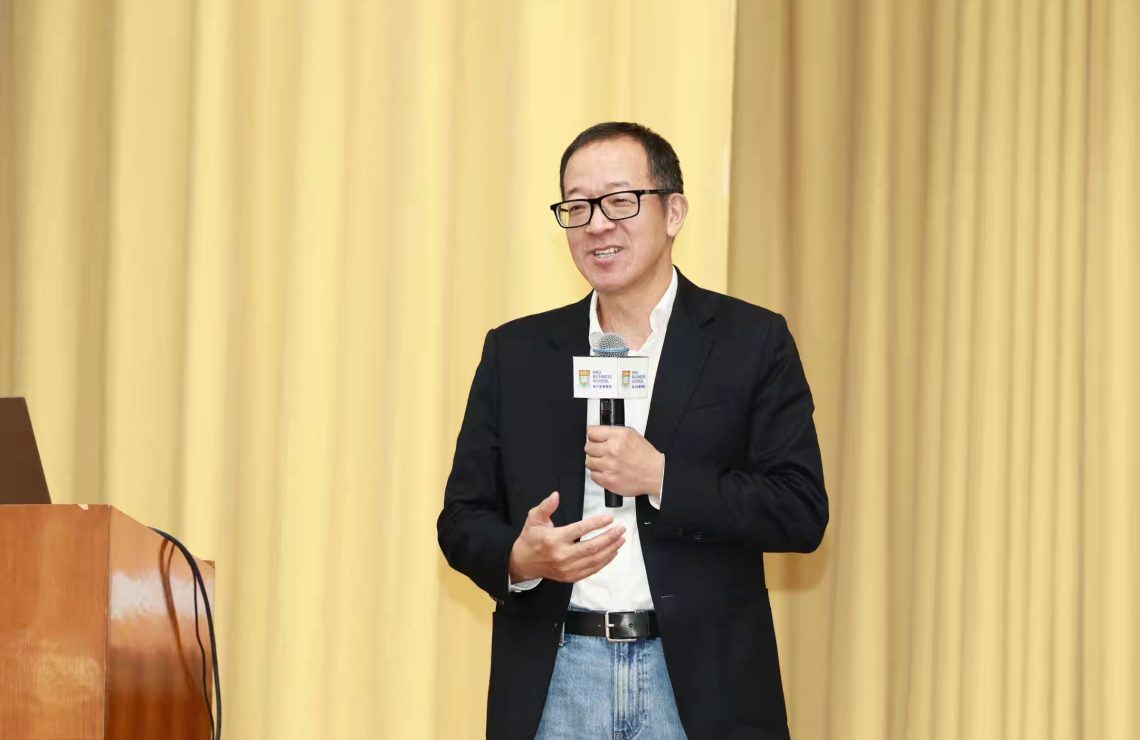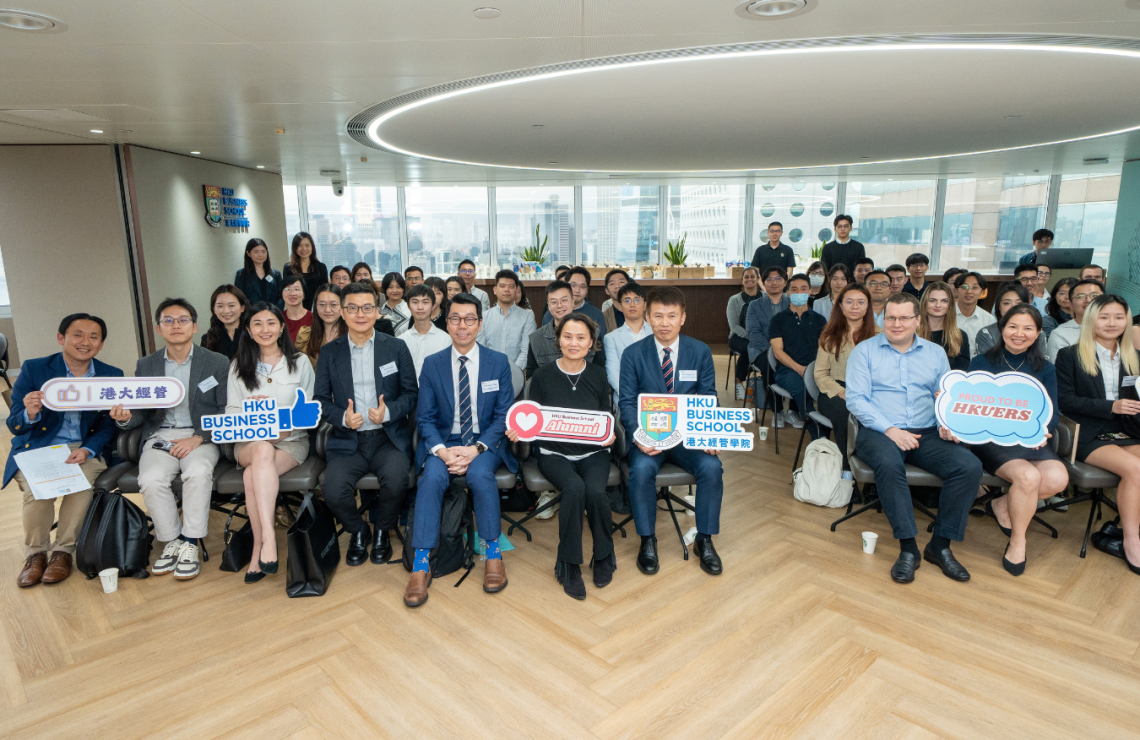From Finance to Machine Learning: Dr. Xiaowei ZHANG
Crossing the river by feeling the stones
Like many undergraduates, Dr. Zhang was uncertain about his future. In order to provide himself with more options, Dr. Zhang had decided to take a PhD after graduation. The consultation with his PhD advisor was very impactful to his future development. Encouraged by his mentor, Dr. Zhang had taken an additional master in financial mathematics and ventured into the financial world.
Equipped with financial knowledge and superb numerical reasoning skills, Dr. Zhang secured an internship with a prestigious financial institution in the US. Although Dr. Zhang had received a return offer after he had completed his PhD, after careful contemplation, Dr. Zhang had decided to turn down the offer. Compare academic research with asset pricing, Dr. Zhang is more attracted to the thrill of being intellectually challenged. Even though financial institutions also have research teams, Dr. Zhang believes that pegging research results with profit generation will only hamper his exploration on knowledge. As academics received a relatively higher degree of discretion in research, Dr. Zhang has eventually decided to become a scholar.
While Dr. Zhang was original researching on credit risk, the global financial crisis in 2008 had plunged the market demand for high risk financial products and brought down the demand and budget for research on new risk calculation methodologies. But when one door closes, another door opens. During the same period, the academia’s interests on machine learning and AI has started to grow. As Dr. Zhang is always interested in knowledge with high application value in real life, researching on machine learning and information technologies have since then become his bread and butter.
Reviewing his academic journey, Dr. Zhang believes that being passionate is more important than being smart. Skills involved in research are very different from those in studying. While undergraduate courses require students to execute orders instructed by teachers, postgraduate research on the other hand requires students to take more initiatives in research and problem solving. In addition, exploring unknown topics is very difficult and time consuming. Without passion, one will not be able to muster up the motivation and patience to put through.
Machine learning and telephone call centers
During the interview, Dr. Zhang has shared with us his recent research on how machine learning could improve the productivity of call centers, or in other words enhance operation management. Dr. Zhang observes that the labor supply of call centers is unstable. Turnover is high and most staff are part-timers. In addition, as the demand for call center services is hard to predict, to effectively allocate manpower has become the key to survive.
Through developing an AI to analyze all historical data available, managers would know on what days, what times, and what periods the demand for services will be particularly strong, allowing them to be better informed when planning the roster. The AI would also run different contingency simulations in order to advice managers on different extreme scenarios.
The machines are not taking over yet
Dr. Zhang observes that business AI is still very primitive. In the context of a call center, while the AI’s superior analytical skills enables it to design smooth operational plans, their inability to process incoherent, contradictory, and wrong instructions accidentally made by customer and respond to orders beyond their programming has prevented them from replacing human workers.
While it is the dream for machine learning scholars to develop an AI capable of producing and manage tailor-made services for the thousands in tandem, it is beyond the technology level in the present day AI. Dr. Zhang believes that the development of AI will remain focusing on streamlining operation procedures and bosting labor efficiency. Therefore, AI will not cause massive shocks on the labor market in the coming decade.
Way forward
Dr. Zhang commented that it is a pleasure to serve HKU as students are smart and very innovative. Dr. Zhang is particularly impressed by a student who had applied text analytics into analyzing the meeting minutes of the US Federal Reserves to investigate whether there is a correlation between the use of specific words and the fluctuations of the stock market. In addition, he is very grateful for the recognition and feedback given by his students. It has become new fuel for Dr. Zhang to improve his teaching quality. Moreover, as HKU has an amazing culture focusing on the development of multidisciplinary knowledge, cross-faculty and inter-faculty research collaborations are very common. As an enthusiast in knowledge creation, he feels that he has found his second home.







